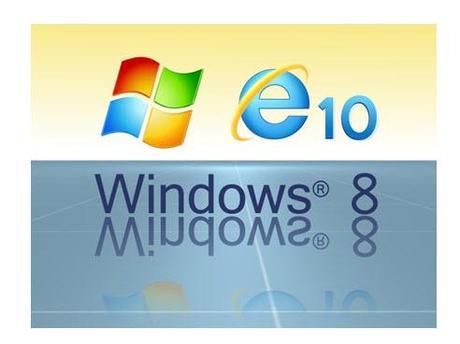 With Microsoft’s recent announcement that it will enable by default the Do Not Track (DNT) feature in IE10 that ships with Microsoft 8, the digital advertising industry scrambled to understand the impact.
With Microsoft’s recent announcement that it will enable by default the Do Not Track (DNT) feature in IE10 that ships with Microsoft 8, the digital advertising industry scrambled to understand the impact.
The Digital Advertising Alliance (DAA), a coalition of six marketing associations behind the self-regulatory AdChoices ad icon, stated in February that it would require members to honor DNT commands if a user had “affirmatively chosen” to enable the feature. Since a browser-based DNT header doesn’t actually block cookies or prevent tracking users for advertising, but merely sends a request to web sites, publishers and ad networks may choose to disregard the header.
Interestingly, Microsoft’s Chief Privacy Officer Brendon Lynch admits that “Microsoft Advertising intends to treat the do-not-track browser signal as an opt-out of behavioral advertising under the Digital Advertising Alliance’s self-regulatory program. Microsoft does not yet respond to the DNT signal, but we are actively working with other advertising industry leaders on what an implementation plan for DNT might look like, with a goal of announcing more details about our plans in the coming months.” In other words, Microsoft announced a controversial DNT feature that it doesn’t currently uphold.
Unintended Consequences
Assuming that ad networks comply with the DNT header, could it have unintended consequences? It will likely force Data Management Platforms (DMP), which provide intelligence across the entire digital mix, to rethink their strategy. Advertisers and agencies will change how they purchase. Publishers may also have to do some soul searching since revenue streams may dry up as ad dollars flow elsewhere.
But what about Microsoft’s IE browser? Could users end up blaming IE for a bad user experience? If a user is surfing the web on the new Microsoft privacy secure browser and receives lower quality, irrelevant ads, like those annoying punch the monkey ads , could that distract from the user experience enough to discourage people from using IE?
Web browsers are already seen as a commodity – everyone is in the game including Amazon and Yahoo, and Facebook is rumored to jump in as well. Switching is relatively easy. For those less tech savvy, just buying a different device (they are becoming semi-disposable now) will bring along a different choice of browser. Companies tout their pc or tablet uses another, more personalized and relevant browser. IE usage has been on the decline for a long time now for a multitude of reasons – some are in Microsoft’s direct control, and others due to increased competition. Could such a drastic move just be another nail in the coffin of Microsoft dominating the web browser market? I guess we first wait to see if Microsoft ships it enabled by default. Then we wait and see how adoption of Windows 8 plays out.
